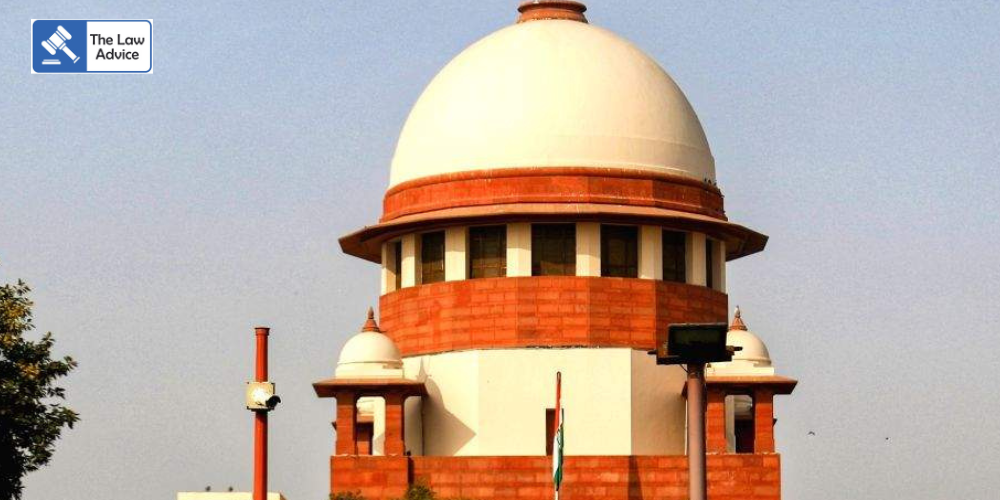
The Supreme Court on Friday (October 10) held that the Armed Forces Tribunal (AFT) has the authority to alter the findings and sentences of a Court Martial if found to be excessive, illegal, or unjust, under Section 15(6)(a) & (b) of the Armed Forces Tribunal Act, 2007.
A Bench comprising Justices J.B. Pardiwala and Alok Aradhe upheld the AFT’s decision to set aside a Court Martial’s dismissal order and replace it with compulsory retirement, thereby restoring pensionary benefits to the appellant.
The case originated from a 2008 incident involving the appellant, then Commandant of a vehicle depot, accused of corruption, illegal possession of ammunition, and holding unexplained cash. A General Court Martial (GCM) in 2009 found him guilty and dismissed him from service.
In 2012, the AFT reviewed the case, acquitted him of corruption, and set aside his conviction under the Arms Act. However, it invoked its powers under Section 15(6) of the 2007 Act to convict him for a lesser offence under Section 63 of the Army Act—for conduct “prejudicial to good order and military discipline.” The Tribunal reduced his punishment to compulsory retirement, allowing him to retain his pension.
Challenging this substitution, the appellant argued before the Supreme Court that the AFT had exceeded its jurisdiction.
Rejecting the contention, the Court observed that Section 15(6) of the 2007 Act is analogous to Section 222 of the Code of Criminal Procedure (CrPC) and Section 162 of the Army Act, 1950, which permit conviction for a lesser or cognate offence on the same facts.
The Court held that the AFT acted within its statutory powers and in a just and proportionate manner, balancing service discipline with fairness.
“The Tribunal under Section 15(6) of the 2007 Act, which contains a non-obstante clause, has the power to substitute the finding of a Court Martial and impose a lesser sentence. In this case, it rightly modified the punishment from dismissal to compulsory retirement with pensionary benefits,” the Bench observed.
Finding no error or excess of jurisdiction, the Supreme Court dismissed the appeal, affirming that the Tribunal’s discretion was exercised lawfully and judiciously.
Case Title: S.K. Jain v. Union of India & Anr.
Website designed, developed and maintained by webexy